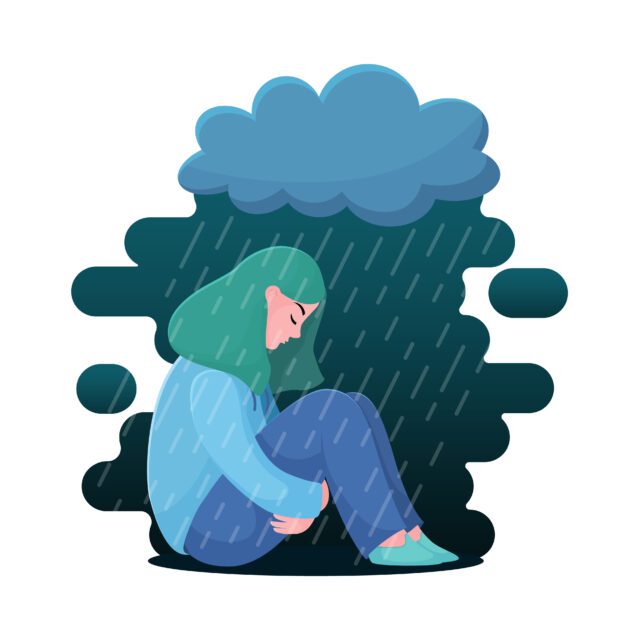
Curbing Seasonal Depression…naturally!
We’ve all heard the hype about the benefits of green tea. But why is green tea so good for us? It is not only good for us but has been proven to be vital for a plethora of physical and mental ailments and conditions.
The question that lingers is…“but why and how?”
Well, you have to first look at, and break down the ingredients. What is in green tea that makes it so effective and vital? (excuse all the big words…I’m getting to the good stuff)
The cardinal antioxidative ingredient in the green tea extract is green tea catechins (GTC), which comprise four major epicatechin derivatives; namely, epicatechin (EC), epigallocatechin (EGC), epicatechin gallate (ECG), and epigallocatechin gallate (EGCG). Other components include three kinds of flavonoids, known as kaempferol, quercetin, andmyricetin.
But perhaps the most vital and effective ingredient for mood enhancement is L-theanine.
First, this amino acid directly stimulates the production of alpha brain waves, creating a state of deep relaxation and mental alertness similar to what is achieved through meditation.
Second, L-theanine is involved in the formation of the inhibitory neurotransmitter, gamma amino butyric acid (GABA). GABA influences the levels of two other neurotransmitters, dopamine and serotonin, producing the key relaxation effect.
Furthermore, research on human volunteers has demonstrated that L-theanine creates a sense of relaxation in approximately 30-40 minutes after ingestion via at least two different mechanisms.
L-theanine has a significant effect on the release or reduction of neurotransmitters like dopamine and serotonin, resulting in improved memory and learning ability. L-theanine may also influence emotions due to its effects on the increased release of dopamine.
L-theanine also reduces brain serotonin concentration by either curtailing serotonin synthesis or increasing degradation in the brain.
What’s more, it regulates blood pressure and facilitates stress relief.
Stress and anxiety are debilitating conditions that upset the balance of our hormones leading to a loss of our well-being, performance, and even lifespan. Stress impairs the immune system, leaving us vulnerable to opportunistic infections, and can cause depression. In 2011, pharmaceutical sales of anti-anxiety drugs totaled over 700 million dollars, while sales of antidepressants totaled close to 5 billion dollars!
People under stress can mitigate many of the harmful effects of stress with L-theanine without becoming sedated in the process. L-theanine doesn’t make one drowsy, nor does it promote sleep because this amino acid does not produce theta waves in the brain.
L-theanine has just recently been introduced to the U.S. market. Japan is credited with most of the clinical studies and information we possess thus far on L-theanine but research is ongoing.
We do know that it is absorbed from the small intestine via a sodium-coupled active transport process. It crosses the blood-brain barrier, as evidenced by the mental effects. L-theanine competes for absorption in the intestinal tract and the brain with the amino acids found in the methionine group (leucine, isoleucine, and valine), however the concentrations of amino acids are unchanged by simultaneous ingestion of L-theanine.
L-theanine is extremely safe and current areas of ongoing research include using L-theanine as an alternative to Ritalin in children and adults, as a reducer of PMS symptoms, in controlling certain conditions of high blood pressure, and in sharpening mental acuity and concentration.
L-theanine may find other areas of application for its use as a supplement in reducing the negative side effects of caffeine brought on by the over-consumption of coffee, soft drinks, or other caffeine-containing substances.
So in sum, my recommendation is heat your tea kettle and steep that green tea!
Insider’s Health Exclusive –>>: Click Here to Find out The ONE “Weird Trick” that reduces your terminal disease risk by OVER 70% (and NONE of us are doing it)








